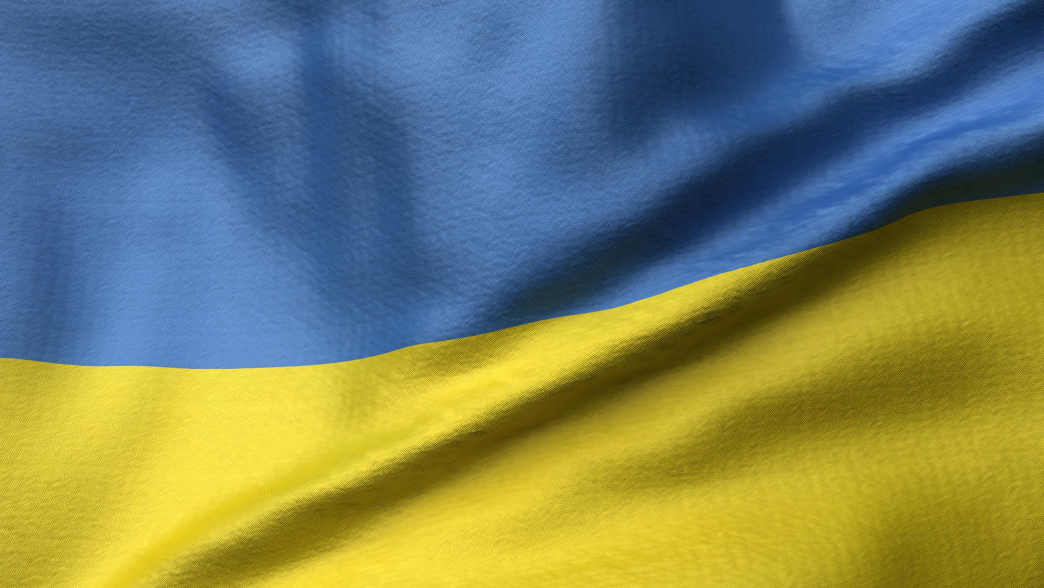Five ways Russia’s invasion of Ukraine has changed UK government
A year after Vladimir Putin launched his invasion of Ukraine, five IfG experts examine the impact of the war on the UK

A year after Vladimir Putin launched his invasion of Ukraine, five IfG experts examine the impact of the war on the UK.

The war has strengthened political consensus that domestic renewables offer the cheapest and most secure form of energy.

The Department for Levelling Up, Housing and Communities took lead responsibility for what became ‘Homes for Ukraine’, a community sponsor scheme that recognised the role local authorities have in supporting refugees once they arrive in the UK.

The question remains as to why the Foreign Office had a comparatively low number of staff focused on the region prior to Russia’s invasion – and the extent to which that hindered the UK’s response.

As prime minister Boris Johnson promised to increase defence spending from an existing 2% to 2.5% of GDP; his successor Liz Truss went further by committing to 3%.

We now see more clearly that, in a crisis, for the foreseeable future UK interests are aligned with the US and Europe, especially if China aligns itself more with Russia.